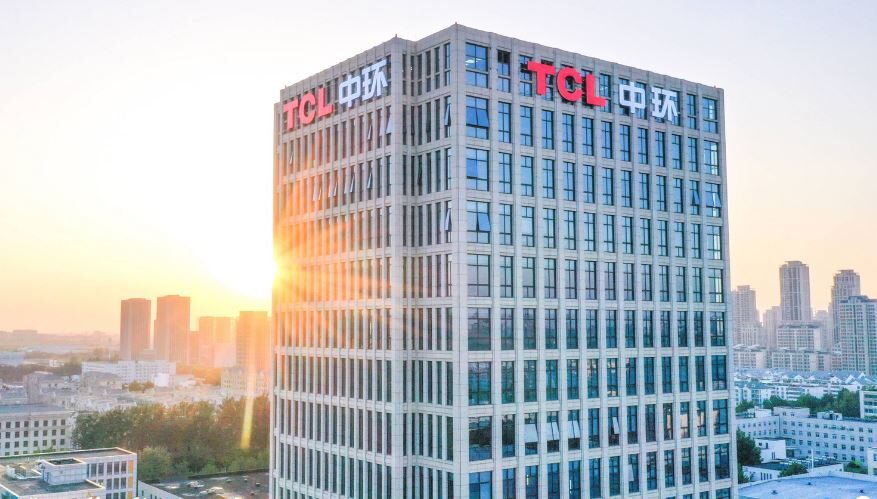Turkey’s general directorate of renewable energy, part of the country’s Ministry of Energy and Natural Resources, has recently identified the regions that will accommodate the country’s new solar PV capacity, based on the so-called Renewable Energy Resource Areas (YEKA) model.
Potential sites for the forthcoming PV tender comprising 1 GW of capacity are: Hatay-Erzin and Sanliurfa-Viransehir in the southeastern region, and Nigde-Bor in Central Anatolia.
Last year, Turkey tendered a further 1 GW of solar PV capacity to be developed in Konya, in Central Anatolia, which attracted strong interest. Overall, four bidders qualified and a feed-in tariff of $0.0699 per kWh was set.
The Konya tender was also based on the YEKA model, and included mandatory local manufacturing requirements. To meet these, the winning consortium of Hanwha Q Cells and Kalyon Enerji inaugurated the building of a fully integrated solar PV manufacturing factory in Turkey’s capital City, Ankara, last December, which will manufacture the necessary modules for the project.
Critical details
The general directorate of renewable energy did not reveal the key details that will define the new tender, however. Thus, while we know it will comprise 1 GW of PV capacity and perhaps include the deployment of storage, it is not yet clear whether the tender relates to a single PV plant, or a cluster of plants totaling 1 GW; or if local manufacturing requirements will be included.
These details are crucial not only for the bidders, but the whole of the country’s solar PV sector.
Currently, the Turkish PV market is predominantly based on the so-called unlicensed segment, which favors small PV plants up to 1 MW in capacity each. Often, investors are awarded a few of these projects and build a cluster installation comprising a few MWs of capacity.
The unlicensed projects need to be completed within a timeframe of two years from the date they were awarded: most of the awarded projects are now approaching this deadline.
The government is not willing to grant extra capacity to the unlicensed sector, however. Conversely, it is looking to develop more large-scale plants, like the one in Konya.
Details of the new tender will help to clarify Turkey’s PV deployment direction, or at least give a clearer signal on the government’s vision for the industry.
A lot of investors are currently eyeing Turkey’s commercial and industrial rooftop market which, to date, is still very underdeveloped. There is, however great potential to provide a much needed alternative to the mega-scale PV plants that are becoming the trend in certain countries.
pv magazine will report on the key takeaways from Solarex Istanbul, taking place in Turkey between April 5-7. Look out for our team on the ground in hall 12!
This content is protected by copyright and may not be reused. If you want to cooperate with us and would like to reuse some of our content, please contact: editors@pv-magazine.com.



1 comment
By submitting this form you agree to pv magazine using your data for the purposes of publishing your comment.
Your personal data will only be disclosed or otherwise transmitted to third parties for the purposes of spam filtering or if this is necessary for technical maintenance of the website. Any other transfer to third parties will not take place unless this is justified on the basis of applicable data protection regulations or if pv magazine is legally obliged to do so.
You may revoke this consent at any time with effect for the future, in which case your personal data will be deleted immediately. Otherwise, your data will be deleted if pv magazine has processed your request or the purpose of data storage is fulfilled.
Further information on data privacy can be found in our Data Protection Policy.